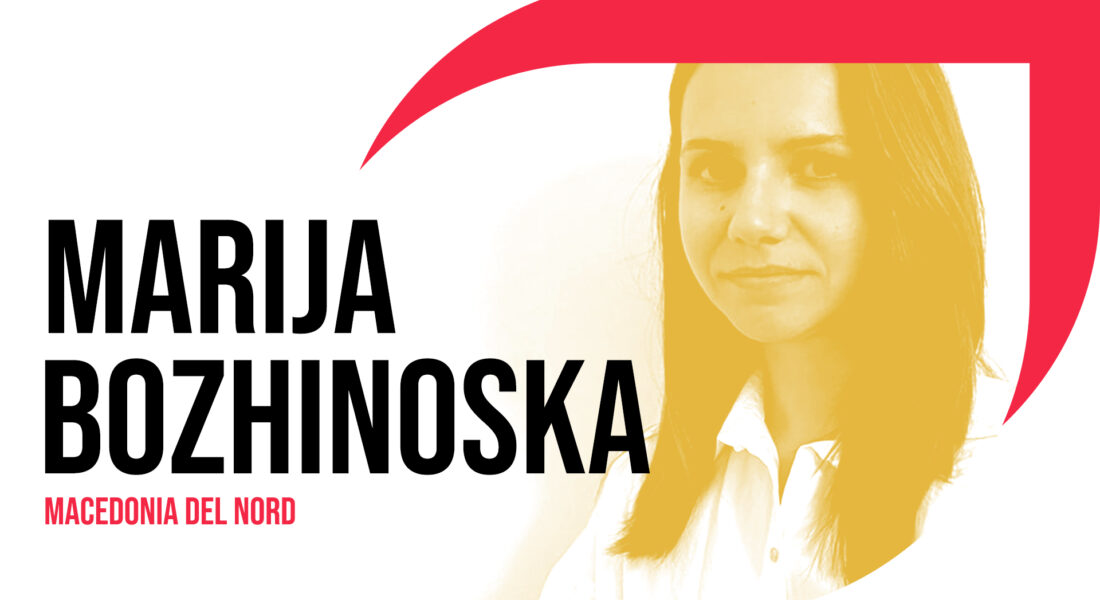
Italy brings together many things that other countries individually do not have, such as cuisine, fashion, history, beauty, tourism…
Born 29 years ago in Macedonia, Marija Bozhinoska arrived in Italy, specifically Ravenna, in 2011 with her mother and sister. The journey was a long one. “We had a lot of stuff with us, clothes, suitcases …,” she tells us. The three women joined their father, who had immigrated to a town in Romagna five years earlier with the goal of not raising his daughters in a a country with an unstable socio-political situation, like their homeland.
Possessing a diploma as a dental technician, Marija would have liked to pursue her studies in the medical field. However, due to language difficulties that made her integration in Italy particularly complicated the first year, she chose to study Communication Sciences (Bachelor’s degree course) at the University of Bologna and then IST Communication and Media (Master’s degree course) at the University of Turin. She currently works in the Piedmontese capital as a digital strategist at a communications agency, dealing with social media, and online and offline marketing.
Marija identifies the greatest scientific cultural contribution that her presence brings to Italy in her culture of origin: “Even though I lost it a bit along the way” – she tells us – “I think it is the greatest contribution a country can have from a foreigner,” in addition to her mentality, intellectual and economic contribution, through tax payments. She admits, however:
“Today I feel more Italian than Macedonian”.
In the future, she most likely sees herself in Italy, “the most beautiful and complete country in the world, where people are warm,” which she would probably have chosen even if the decision, actually made by her father, had fallen to her. Although her experience was not particularly difficult, having had family close by, Marija sees a relatively negative aspect regarding the integration of migrants in our country is the fact that “a foreigner has to work twice as hard to earn respect and to achieve his goals”.
As for his country of origin, she considers a return to Macedonia highly unlikely, where research, partly because of limited resources, lags behind those in Italy. Here, he says, “research is rich in diversity, modern tools and very pragmatic”. However, she does not rule out accepting any lucrative job offers in other European states.


